A new Cyber Regiment has been launched to “protect frontline operations from digital attack”, Defence Secretary Ben Wallace has announced.
The 13th Signal Regiment was formally stood up on Monday, June the 1st, at a ceremony at Blandford, home of the Royal Signals.
According to the Ministry of Defence in a news release:
“Secure communications are the foundation for any successful operation and 13th Signal Regiment will provide ‘digital armour’ around personnel operating overseas, giving commanders and their soldiers the ability to operate with confidence in their communications systems, often while working in challenging conditions.”
Defence Secretary Ben Wallace said:
“This is a step-change in the modernisation of the UK Armed Forces for information warfare. Cyber-attacks are every bit as deadly as those faced on the physical battlefield, so we must prepare to defend ourselves from all those who would do us harm and 13th Signal Regiment is a vital addition to that defence.”
Chief of the General Staff, General Sir Mark Carleton-Smith said:
“13th Signal Regiment is the British Army’s brand new cyber regiment – matching cutting edge technology with cyber-fit soldiers to compete and win in the Information Age.”
13th Signal Regiment previously existed during WW2 as 1st Special Wireless Group, and helped to pioneer the use of wireless technology and high frequency wireless radios.
The 13th Signal Regiment is a regiment of the British Army within 1st (UK) Signal Brigade, under the command of 6th (UK) Division, responsible for conducting information manoeuvre and unconventional warfare, in support of the whole Armed Forces.
The MoD say that this specialist unit will “provide the basis of the new Army Cyber Information Security Operations Centre”, focusing on the protection of Defence’s cyber domain, and it will “work with the Royal Navy and Royal Air Force to provide secure networks for all military communications”.
The British Army also have 77 Brigade for somewhat similar although distinct purposes.
77 Brigade specialise in “non-lethal” forms of psychological warfare, using social media including Facebook and Twitter to fight with information in response to external factors, like Russian misinformation.
Their target is Russian propaganda, propaganda that is notably very active around NATO troops deployed to the Baltics alleging that the soldiers there are criminals and rapists. The point of units like 77th Brigade is to counter this kind of threat.


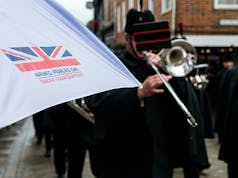
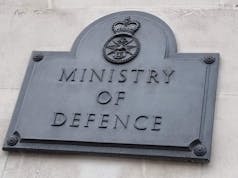

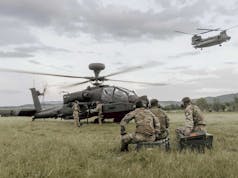

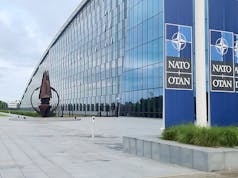
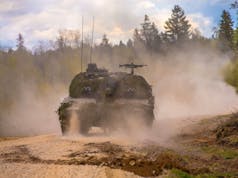

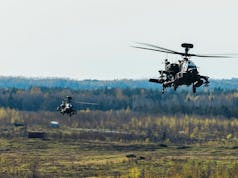


77 brigade seems interesting
Cam. For 77 Brigade look up the old 15 ( Psyops ) Group at Chicksands. The unit is an amalgamation of them and a few other bits and pieces.
Heard about 13 Signals Regiment being reformed a few years back. Complements 14 Signals Regiment which is the EW and tactical sigint outfit.
“The MoD say that this specialist unit will “provide the basis of the new Army Cyber Information Security Operations Centre”, focusing on the protection of Defence’s cyber domain, and it will “work with the Royal Navy and Royal Air Force to provide secure networks for all military communications”.
All sounds good, but remember much of this is reinventing the wheel. There have been other Ops centres over the years defending our cyber networks, and there are already two in existence at Cheltenham and at Corsham, both tri service.
The RAF have had 591 SU at Digby for years with a similar role, along with other organisations at Digby.
What is so different about this apart from it having a regimental status and maybe more people? I’m keen to know.
I suspect the skills are different. The digital skills required are evolving very quickly with the technology. I do wonder how the MoD will manage to maintain such skills which are highly sought and very well paid in the private sector? These guys surely are specially recruited, they will need to demonstrate very strong aptitudes. I wonder how many of the skills they are required to already have vs what they train into? I suspect the age group and demographic profile is quite different to other army units, even other signals units – possibly with a much higher % of commissions. Anyone know for sure?
Reserves will help as they could have the skills in their day jobs. Like LIAG.